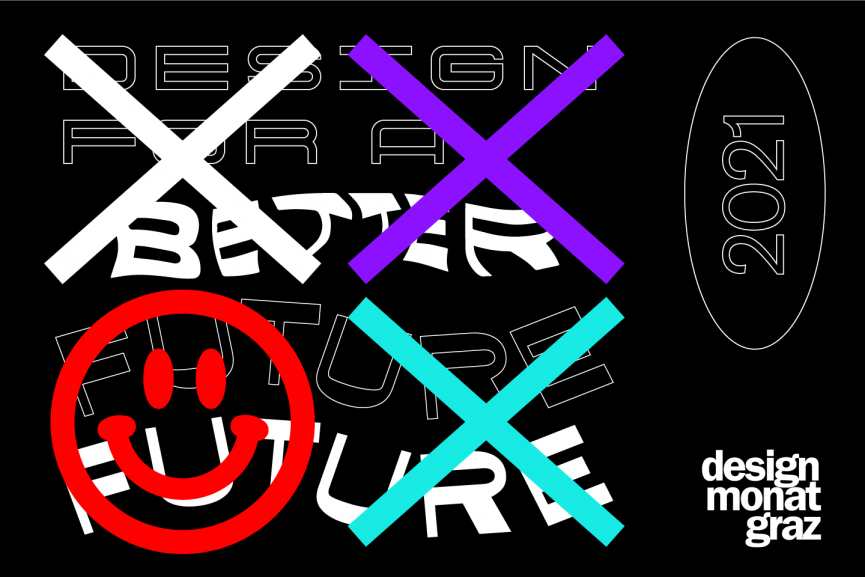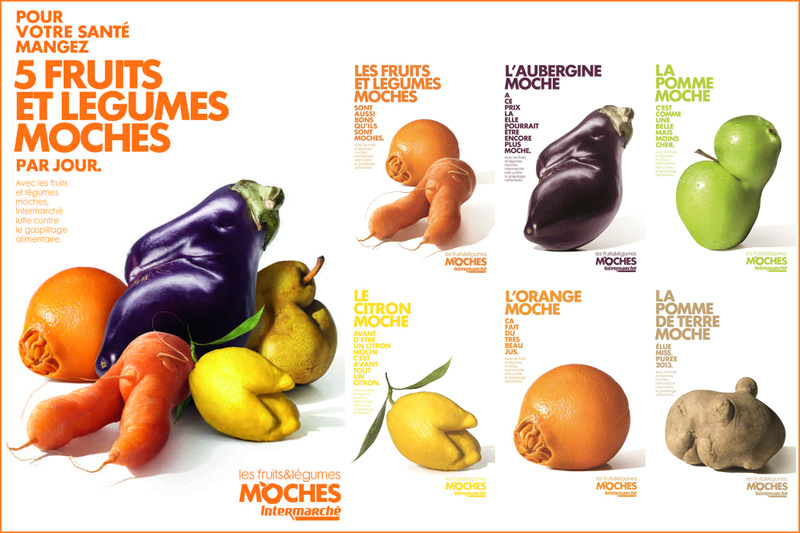I am honoured to have been invited to sit on the Designing for People panel for the Redesign the Future Symposium as part of Design Monat [Month] Graz 2021 in Austria from 16:00 on the 11th of May 2021. I will be presenting an 8-minute lecture and then participate in a panel discussion on the topic with Emanuel Barbosa, Mariana Goncálex de la Rosa and Sigrid Bürstmayr. Emanuel is a designer, design educator and curator at ESAD—Arte Matosinhos Porto, Porto Design Biennale; Mariana is Coordinator of the Bachelor’s Degree in Industrial Design, Universidad Iberoamericana Puebla; and Sigrid, who invited me to join the panel, is a Lecturer at FH|JOANNEUM idk_ Institut Design & Kommunikation. “Design Monat [Month] Graz bundles and condenses the energy of the local creative industries within one month, makes it visible to the outside world and thus makes a central contribution to anchoring the creative industries in … Read More
LeNS World Distributed Conference Keynote
I am honoured to have been invited as the South African keynote for the first LeNS World Distributed Conference: Designing Sustainability for All. It takes place from the 3-5th April 2019 simultaneously in Mexico City, Mexico; Curitiba, Brazil; Cape Town, South Africa; Milan, Italy; Bangalore, India and Beijing, China. The conference is organised as part of the LeNSin, the International Learning Network of networks on Sustainability project (2015-2019), which is supported by EU Erasmus+ programme. From the conference’s website, the organisers explain that “Designing sustainability for All envisions a cosmopolitan approach by collecting and sharing contributions from and for all of the contexts: low, middle and high-income ones, from north, south, west and east of the world. Designing sustainability for All is a call for contributions and actions to the whole world design community, i.e. design researchers, design educators and design practitioners.” My keynote will focus on exploring my own … Read More
Inglorious Fruits & Vegetables
Each year, we throw away over 300 million tons of fruit and vegetables worldwide mainly because they do not conform to retail standards of perfection (57% of total waste). The European Union has made 2014 the European year against food waste; and Intermarché the 3rd largest supermarket chain in France decided to try and change their customers perceptions to encourage better behaviour towards imperfect fruit and vegetables by showing them that though they might be ugly, they are just as good to eat! Intermarché made every effort to celebrate 5 “fruits et legumes moches” or “inglorious fruits and vegetables”. They received their own print and film campaign, their own local poster and radio campaign, their own in-store branding, their own aisle in store, their own labelling, and their own spot on the sales receipt. Finally, for people to realise that they were just as good as the others, Intermarché designed and distributed inglorious vegetable soups and … Read More
The Open Source Seed Intitiative
I have just completed reading Lisa Hamilton’s aptly titled article, Linux for Lettuce, in VQR: A National Journal of Literature and Discussion. The article explores the beginnings of the Open Source Seed Initiative (OSSI) by a handful of practical farming academics and plant breeders in reaction to companies like Monsanto and their unscrupulous race to patent life. “Fueled by both frustration and outrage, Myers, Morton, and Goldman helped establish a subtly radical group called the Open Source Seed Initiative (OSSI) in 2012. Operating under the radar, its mission was to reestablish free exchange by creating a reservoir of seed that couldn’t be patented—“a national park of germplasm,” Goldman called it. By 2013, the group had two dozen members, several of them distinguished plant breeders from public universities across the country. OSSI’s de facto leader is Jack Kloppenburg, a social scientist at the University of Wisconsin who has been involved with issues concerning plant genetic resources since the … Read More



